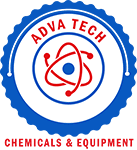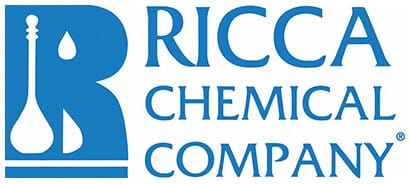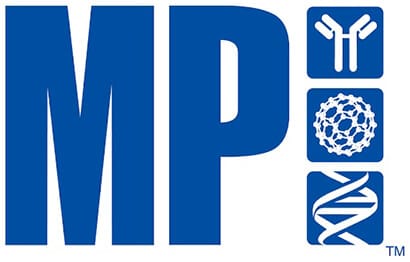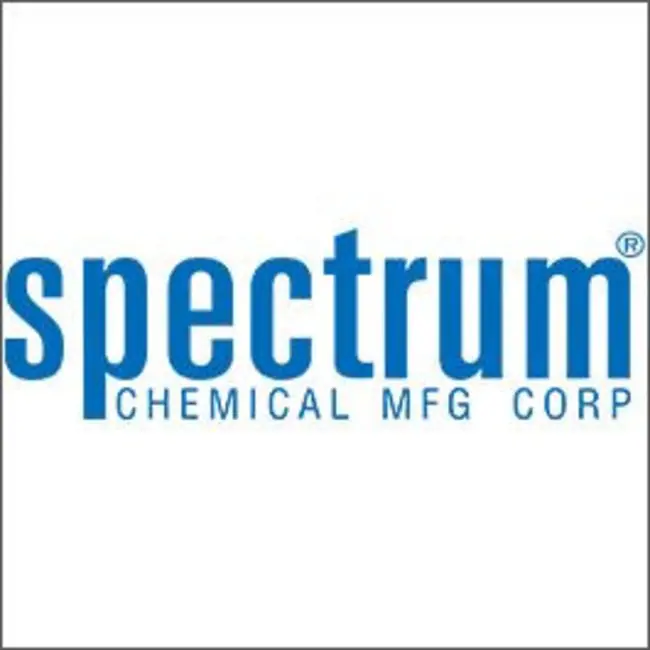10g
Showing 2151–2200 of 2553 results
-
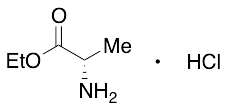
L-Alanine Ethyl Ester Hydrochloride
$149.21 Add to cart View Product DetailsMolecular Formula : C5H12ClNO2
-

L-allo-Threonine
$1,363.61 Add to cart View Product DetailsMolecular Formula : C4 H9 N O3
-
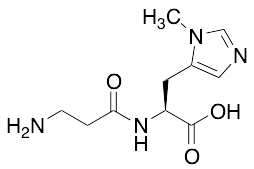
L-Anserine
$325.16 Add to cart View Product DetailsMolecular Formula : C10 H16 N4 O3
-
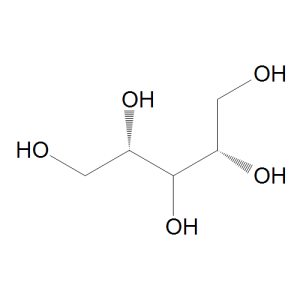
L-Arabinitol
$87.11 Add to cart View Product DetailsMolecular Formula : C5 H12 O5
-

L-Arginine Ethyl Ester Dihydrochloride
$79.35 Add to cart View Product DetailsMolecular Formula : C8 H18 N4 O2 . 2 Cl H
-
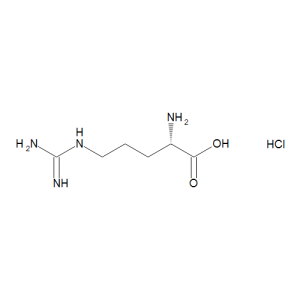
L-Arginine Hydrochloride
$79.35 Add to cart View Product DetailsMolecular Formula : C6 H14 N4 O2 . Cl H
-
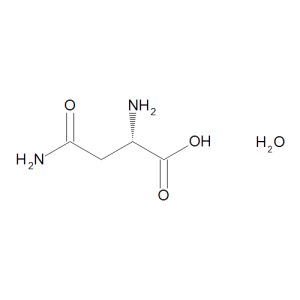
L-Asparagine Monohydrate
$192.34 Add to cart View Product DetailsMolecular Formula : C4 H8 N2 O3 . H2 O
-
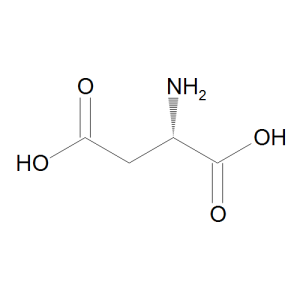
L-Aspartic Acid
$61.24 Add to cart View Product DetailsMolecular Formula : C4 H7 N O4
-
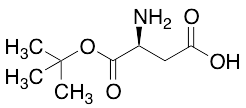
L-Aspartic Acid 1-tert-Butyl Ester
$308.78 Add to cart View Product DetailsMolecular Formula : C8H15NO4
-

L-Aspartic Acid Calcium Salt Hydrochloride
$1,155.75 Add to cart View Product DetailsMolecular Formula : C4H6CaClNO4
-

L-Aspartic Acid Dibenzyl Ester p-Toluenesulfonate Salt
$100.91 Add to cart View Product DetailsMolecular Formula : C25H27O7S
-

L-Aspartic Acid Sodium Salt Monohydrate
$69.00 Add to cart View Product DetailsMolecular Formula : C4H6NO4Na . H2O
-
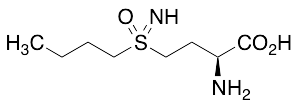
L-Buthionine-(S,R)-sulfoximine
$1,883.70 Add to cart View Product DetailsMolecular Formula : C8 H18 N2 O3 S
-
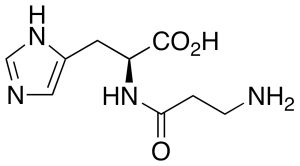
L-Carnosine
$142.31 Add to cart View Product DetailsMolecular Formula : C9 H14 N4 O3
-

L-Cysteic Acid Monohydrate
$112.99 Add to cart View Product DetailsMolecular Formula : C3 H7 N O5 S . H2 O
-
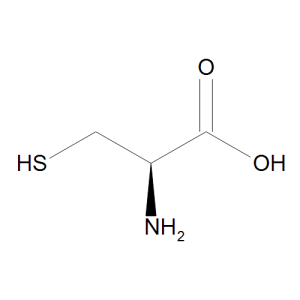
L-Cysteine
$86.25 Add to cart View Product DetailsMolecular Formula : C3 H7 N O2 S
-

L-Cysteine Hydrochloride Monohydrate
$138.00 Add to cart View Product DetailsMolecular Formula : C3 H7 N O2 S . Cl H . H2 O
-
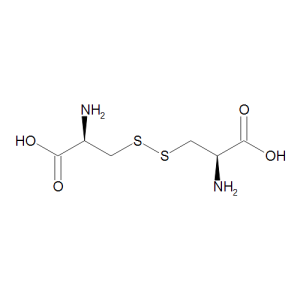
L-Cystine
$69.86 Add to cart View Product DetailsMolecular Formula : C6 H12 N2 O4 S2
-

L-Cystine Bis(T-butyl Ester) Dihydrochloride
$245.81 Add to cart View Product DetailsMolecular Formula : C14 H28 N2 O4 S2
-

L-Cystine-dimethyl Ester Dihydrochloride
$106.09 Add to cart View Product DetailsMolecular Formula : C8 H16 N2 O4 S2 . 2 Cl H
-

L-DOPA Ethyl Ester Hydrochloride
$1,185.94 Add to cart View Product DetailsMolecular Formula : C11 H15 N O4 . Cl H
-

L-Glutathione, Oxidized
$542.47 Add to cart View Product DetailsL-Glutathione, Oxidized
-

L-Tyrosine Ethyl Ester
$254.63 Add to cart View Product DetailsL-Tyrosine Ethyl Ester
-

Levamisole Hydrochloride
$74.42 Add to cart View Product DetailsLevamisole Hydrochloride
-
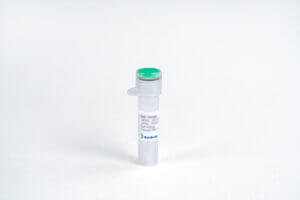
LIF, Human
$86.25 Add to cart View Product DetailsLeukemia Inhibitory Factor (LIF) is a pleiotropic cytokine belonging to the long four-helix bundle cytokine superfamily. LIF shares tertiary structure with several other cytokines, including Interleukin-6 (IL-6), Oncostatin M, ciliary neurotropic factor, and cardiotrophin-1, and their functions in vivo are also redundant to some extent. LIF can bind to the common receptor of IL-6 subfamily, gp130, and then recruit its own receptor LIF Receptor to form a ternary complex. The basal expression of LIF in vivo is low; and its expression is induced by pro-inflammatory factors, including lipopolysaccharide, IL-1, and IL-17, and inhibited by anti-inflammatory agents, including IL-4 and IL-13. The functions of LIF include proliferation of primordial germ cells, regulation in blastocyst implantation and early pregnancy, and maintenance of pluripotent embryonic stem cells.
-

LIF, Mouse
$86.25 Add to cart View Product DetailsLeukemia Inhibitory Factor (LIF) is a pleiotropic cytokine belonging to the long four-helix bundle cytokine superfamily. LIF shares tertiary structure with several other cytokines, including Interleukin-6 (IL-6), Oncostatin M, ciliary neurotropic factor, and cardiotrophin-1, and their functions in vivo are also redundant to some extent. LIF can bind to the common receptor of IL-6 subfamily, gp130, and then recruit its own receptor LIF Receptor to form a ternary complex. The basal expression of LIF in vivo is low; and its expression is induced by pro-inflammatory factors, including lipopolysaccharide, IL-1, and IL-17, and inhibited by anti-inflammatory agents, including IL-4 and IL-13. The functions of LIF include proliferation of primordial germ cells, regulation in blastocyst implantation and early pregnancy, and maintenance of pluripotent embryonic stem cells.
-

Light Green SF Yellowish
$52.69 Add to cart View Product DetailsLight Green SF Yellowish
-

Linoleic Acid
$189.04 Add to cart View Product DetailsLinoleic Acid
-

Lithium Dodecyl Sulfate
$74.73 Add to cart View Product DetailsLithium Dodecyl Sulfate
-

LIX/CXCL5 (74aa), Mouse
$63.83 Add to cart View Product DetailsMouse LIX (C-X-C motif chemokine 5) is a small cytokine belonging to the CXC chemokine family that is cleaved into the following 2 chains [GCP-2(1-78) and GCP-2(9-78)]. Mouse LIX plays a role in reducing sensitivity to sunburn pain in some subjects, and is a potential target which could be used to understand more about pain in other inflammatory conditions. It is most closely related to two highly homologous human neutrophil chemoattractants GCP-2 and ENA-78. The first 78 amino acid residues within the predicted mature mouse LIX shares approximately 61% and 55% amino acid identity with human GCP-2 and ENA-78. This chemokine stimulates the chemotaxis of neutrophils possessing angiogenic properties. It elicits these effects by interacting with the cell surface chemokine receptor CXCR2.
-

m-Aminophenyl Tosylate
$1,443.83 Add to cart View Product DetailsMolecular Formula : C13H13NO3S
-
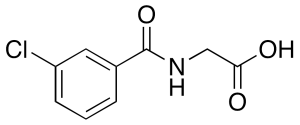
m-Chloro Hippuric Acid
$1,527.49 Add to cart View Product DetailsMolecular Formula : C9H8ClNO3
-
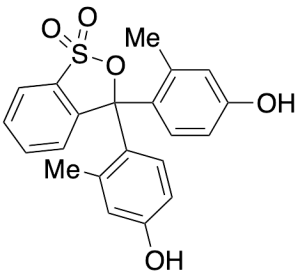
m-Cresol Purple
$192.34 Add to cart View Product DetailsMolecular Formula : C21H18O5S
-

m-Cresol Purple
$138.61 Add to cart View Product Detailsm-Cresol Purple
-

M-CSF, Human
$86.25 Add to cart View Product DetailsMacrophage-Colony Stimulating Factor (M-CSF), also known as Colony Stimulating Factor-1 (CSF-1), is a hematopoietic growth factor. It can stimulate the survival, proliferation and differentiation of mononuclear phagocytes, in addition to the spreading and motility of macrophages. In mammals, it exits three isoforms, which invariably share an N-terminal 32-aa signal peptide, a 149-residue growth factor domain, a 21-residue transmembrane region and a 37-aa cytoplasmictail. M-CSF is mainly produced by monocytes, macrophages, fibroblasts, and endothelial cells. M-CSF interaction with its receptor, c-fms, has been implicated in the growth, invasion, and metastasis of of several diseases, including breast and endometrial cancers. The biological activity of human M-CSF is maintained within the 149-aa growth factor domain, and it is only active in the disulfide-linked dimeric form, which is bonded at Cys63.
-

M-CSF, Human(CHO-expressed)
$86.25 Add to cart View Product DetailsMacrophage-Colony Stimulating Factor (M-CSF), also known as Colony Stimulating Factor-1 (CSF-1), is a hematopoietic growth factor. It can stimulate the survival, proliferation and differentiation of mononuclear phagocytes, in addition to the spreading and motility of macrophages. In mammals, it exits three isoforms, which invariably share an N-terminal 32-aa signal peptide, a 149-residue growth factor domain, a 21-residue transmembrane region and a 37-aa cytoplasmictail. M-CSF is mainly produced by monocytes, macrophages, fibroblasts, and endothelial cells. M-CSF interaction with its receptor, c-fms, has been implicated in the growth, invasion, and metastasis of of several diseases, including breast and endometrial cancers. The biological activity of human M-CSF is maintained within the 149-aa growth factor domain, and it is only active in the disulfide-linked dimeric form, which is bonded at Cys63.
-

M-CSF, Mouse
$86.25 Add to cart View Product DetailsMacrophage-Colony Stimulating Factor (M-CSF), also known as Colony Stimulating Factor-1 (CSF-1), is a hematopoietic growth factor. It can stimulate the survival, proliferation and differentiation of mononuclear phagocytes, in addition to the spreading and motility of macrophages. In mammals, it exits three isoforms, which invariably share an N-terminal 32-aa signal peptide, a 149-residue growth factor domain, a 21-residue transmembrane region and a 37-aa cytoplasmictail. M-CSF is mainly produced by monocytes, macrophages, fibroblasts, and endothelial cells. M-CSF interaction with its receptor, c-fms, has been implicated in the growth, invasion, and metastasis of of several diseases, including breast and endometrial cancers. The biological activity of human M-CSF is maintained within the 149-aa growth factor domain, and it is only active in the disulfide-linked dimeric form, which is bonded at Cys63.
-

M-CSF, Mouse
$86.25 Add to cart View Product DetailsMacrophage-Colony Stimulating Factor (M-CSF), also known as Colony Stimulating Factor-1 (CSF-1), is a hematopoietic growth factor. It can stimulate the survival, proliferation and differentiation of mononuclear phagocytes, in addition to the spreading and motility of macrophages. In mammals, it exits three isoforms, which invariably share an N-terminal 32-aa signal peptide, a 149-residue growth factor domain, a 21-residue transmembrane region and a 37-aa cytoplasmictail. M-CSF is mainly produced by monocytes, macrophages, fibroblasts, and endothelial cells. M-CSF interaction with its receptor, c-fms, has been implicated in the growth, invasion, and metastasis of of several diseases, including breast and endometrial cancers. The biological activity of human M-CSF is maintained within the 149-aa growth factor domain, and it is only active in the disulfide-linked dimeric form, which is bonded at Cys63.
-

M-CSF, Rat
$86.25 Add to cart View Product DetailsMacrophage-Colony Stimulating Factor (M-CSF), also known as Colony Stimulating Factor-1 (CSF-1), is a hematopoietic growth factor. It can stimulate the survival, proliferation and differentiation of mononuclear phagocytes, in addition to the spreading and motility of macrophages. In mammals, it exits three isoforms, which invariably share an N-terminal 32-aa signal peptide, a 149-residue growth factor domain, a 21-residue transmembrane region and a 37-aa cytoplasmictail. M-CSF is mainly produced by monocytes, macrophages, fibroblasts, and endothelial cells. M-CSF interaction with its receptor, c-fms, has been implicated in the growth, invasion, and metastasis of of several diseases, including breast and endometrial cancers. The biological activity of human M-CSF is maintained within the 149-aa growth factor domain, and it is only active in the disulfide-linked dimeric form, which is bonded at Cys63.
-

Magnesium Ascorbyl Phosphate
$1,923.75 Add to cart View Product DetailsMagnesium Ascorbyl Phosphate
-

Malachite Green Oxalate
$85.59 Add to cart View Product DetailsMalachite Green Oxalate
-

MCP‑3/CCL7, Human(CHO-expressed)
$90.56 Add to cart View Product DetailsChemokine (C-C motif) ligand 7 (CCL7) is a small cytokine that was previously called monocyte-specific chemokine 3 (MCP-3). Due to CCL7 possessing two adjacent N-terminal cysteine residues in its mature form, it is classified within the subfamily of chemokines known as CC chemokines. CCL7 specifically attracts monocytes, and regulates macrophage function. It is produced by certain tumor cell lines and by macrophages. This chemokine is located on chromosome 17 in humans, within a large cluster containing many other CC chemokines and is most closely related to CCL2. CCL7 can signal through the CCR1, CCR2 and CCR3 receptors.
-

Mecobalamin, JP
$4,502.46 Add to cart View Product DetailsMecobalamin, JP
-
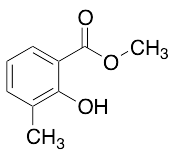
Methyl 2-Hydroxy-3-methylbenzoate
$184.58 Add to cart View Product DetailsMolecular Formula : C9H10O3
-

Methyl 4-(Bromomethyl)benzoate
$69.39 Add to cart View Product DetailsMethyl 4-(Bromomethyl)benzoate
-

Methyl Alcohol-d4, 99.8 Atom Percent D
$326.24 Add to cart View Product DetailsMethyl Alcohol-d4, 99.8 Atom Percent D
-
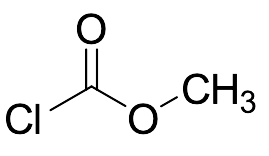
Methyl Chloroformate
$176.81 Add to cart View Product DetailsMolecular Formula : C2H3ClO2
-

Methyl N,N-Dimethylanthranilate
$27.74 Add to cart View Product DetailsMethyl N,N-Dimethylanthranilate
-

Methyl-beta-cyclodextrin
$267.88 Add to cart View Product DetailsMethyl-beta-cyclodextrin
-

Methylene Chloride-d2, 99.9 Atom Percent D
$567.88 Add to cart View Product DetailsMethylene Chloride-d2, 99.9 Atom Percent D
